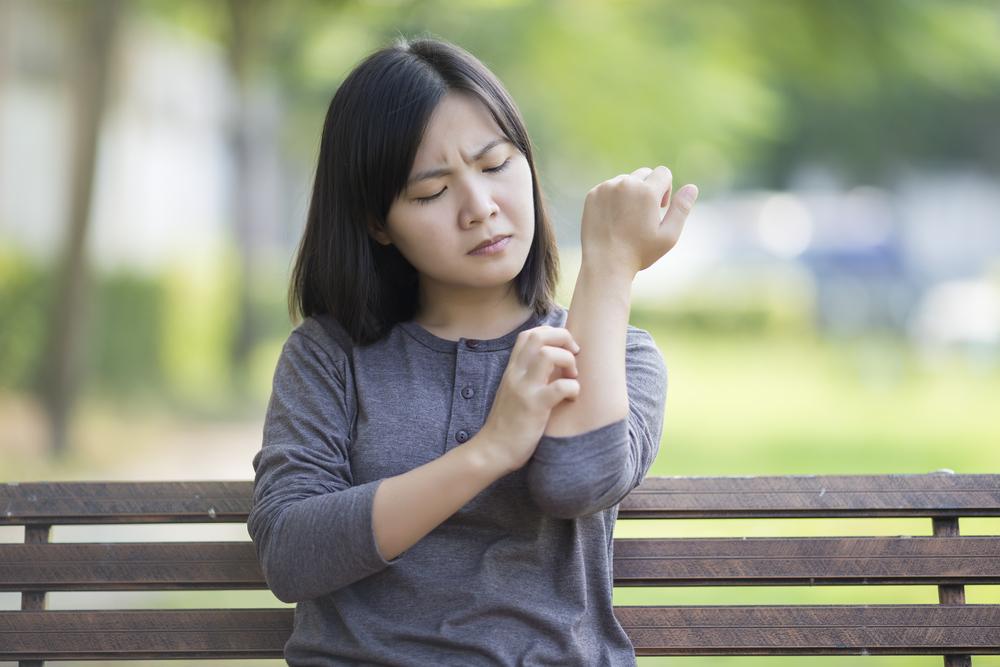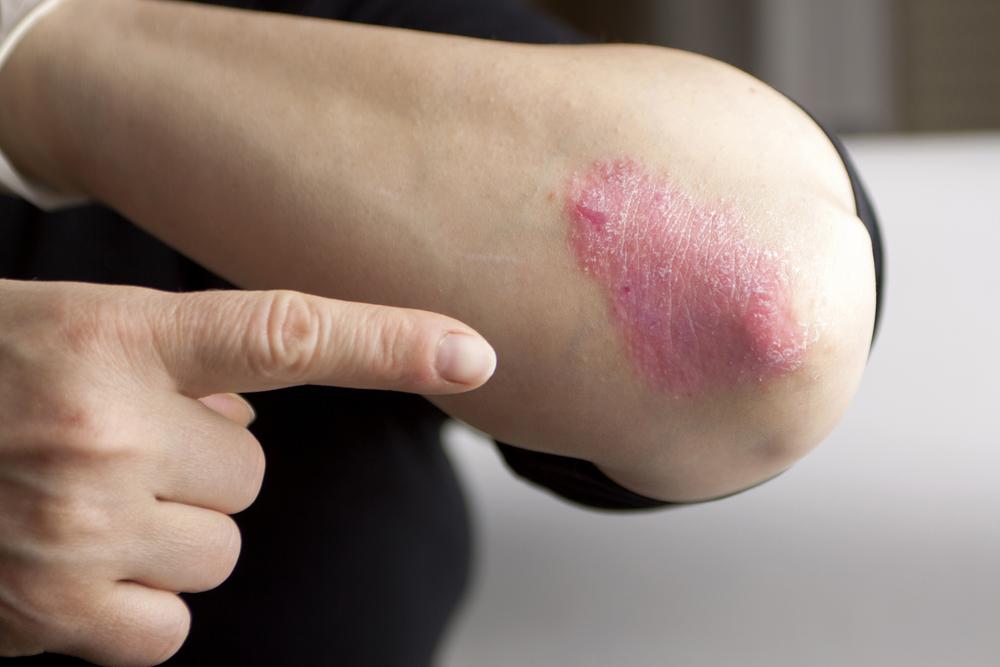Proactive Strategies to Minimize Psoriasis Flares and Maintain Healthy Skin
Discover effective strategies to prevent psoriasis flare-ups and maintain healthy skin. This guide highlights key triggers like stress, skin injuries, infections, medications, temperature changes, alcohol, and smoking. Learning to manage these factors can significantly improve comfort and skin health. Always consult with a healthcare provider for personalized advice on psoriasis treatment and prevention.

Proactive Strategies to Minimize Psoriasis Flares and Maintain Healthy Skin
Controlling psoriasis can be tough, but identifying and avoiding common triggers can reduce flare-ups. Knowing what prompts psoriasis outbreaks enables you to take steps toward healthier skin.
Psoriasis is a persistent autoimmune condition marked by thick, flaky, and itchy patches of skin. Symptoms include inflamed, silvery scales, cracking dry areas that may bleed, small scaling spots, thickened or ridged nails, and stiff, swollen joints. The severity varies from small spots to widespread outbreaks.
Despite psoriasis being incurable, managing symptoms and preventing flare-ups are vital. Recognizing personal triggers allows for better control. While triggers differ among individuals, awareness helps in avoiding specific factors that cause painful outbreaks.
Watch out for these common psoriasis triggers:
Stress
High stress levels can intensify psoriasis symptoms, creating a cycle of outbreaks and anxiety. Engage in stress-relief practices like yoga, meditation, and deep breathing. Maintaining a positive outlook, social connections, and a healthy lifestyle can aid in stress management.
Skin Damage
Minor cuts, scrapes, burns, or insect bites can trigger psoriasis through the Koebner phenomenon. Protect your skin by wearing protective clothing, avoiding bites, limiting sun exposure, and being cautious when shaving or trimming nails to prevent flare-ups.
Infections
Certain infections like strep throat, yeast infections, or respiratory illnesses may provoke psoriasis exacerbations. Promptly treating these infections can help in reducing the risk of outbreaks.
Medication Triggers
Some medications used for other conditions can worsen psoriasis. These include lithium, certain antimalarials such as chloroquine and hydroxychloroquine, beta-blockers like propranolol, anti-inflammatory drugs such as indomethacin, and some heart medications like quinidine. Always inform your healthcare provider about your psoriasis before starting new medications to ensure safety.
Weather Extremes
Sudden weather changes can trigger psoriasis. Cold, dry conditions dry out the skin, worsening symptoms, while excessive heat can cause flare-ups. Keep your skin moisturized with gentle products and avoid extreme temperatures for better skin health.
Alcohol and Tobacco
Both alcohol and smoking are linked to increased psoriasis severity. Reducing or quitting these habits can help in controlling symptoms and preventing flare-ups. Adopting healthier habits benefits overall skin health.
Disclaimer:
This content aims to inform and guide, based on research and expert recommendations. It is not a substitute for professional medical advice. Consult your healthcare provider for personalized treatment options and management strategies. Individual responses may vary, and treatments should be tailored accordingly.


